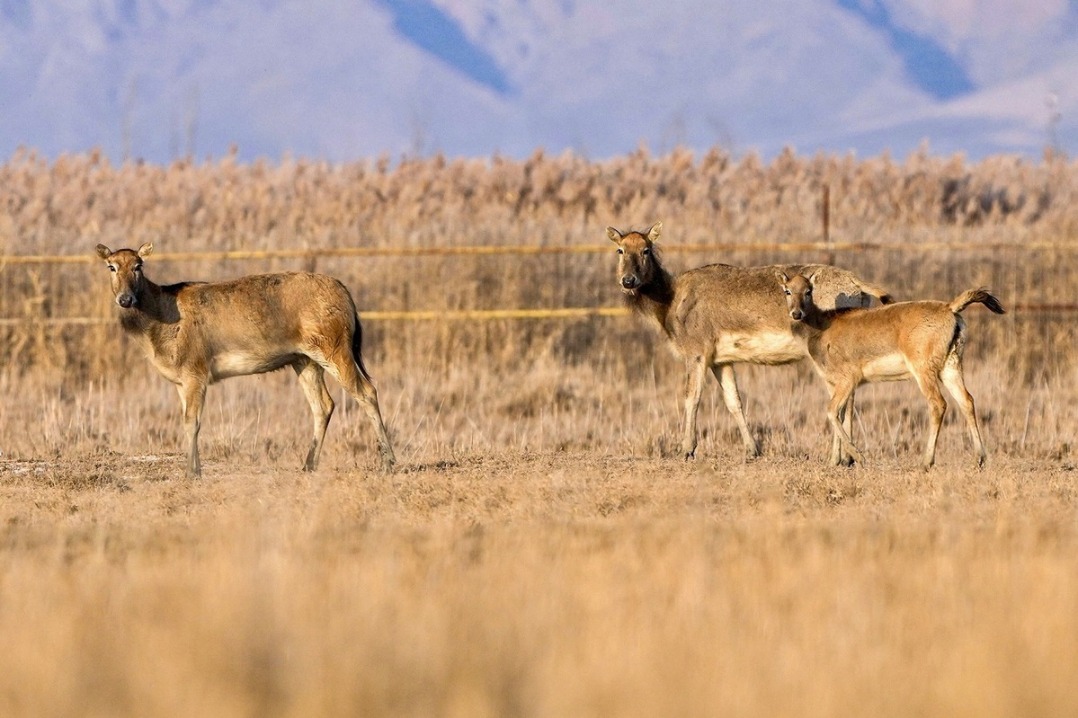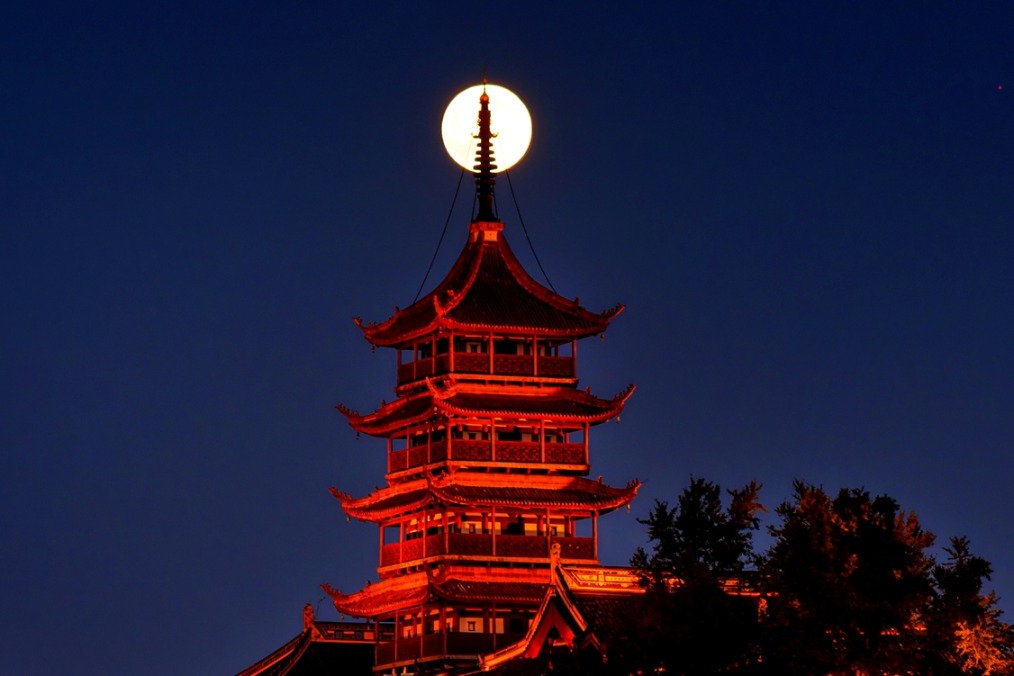Families come together to honor, cherish and remember ancestors


Tomb Sweeping Day, or the Qingming Festival, which falls on Friday this year, marks the 15th day after the Spring Equinox.
Spring Equinox is one of the 24 solar terms that divide a year of the traditional Chinese lunar calendar into segments according to seasonal changes and is a valuable guide for farming purposes. In 2016, the 24 solar terms were added to UNESCO's Representative List of the Intangible Cultural Heritage of Humanity.
On Tomb Sweeping Day, Chinese families pay homage at the tombs of their ancestors, clean the grave sites and offer sacrifices. It is also a time when spring is in the air.
With a history of more than 2,500 years, the festival officially became a public holiday in China in 2008, marked by a one-day holiday.
Since 2009, people have been allowed to have three days off for the holiday. While many choose to have a short holiday at this time, some people still return home to observe the traditional festival with their families.
During the Tang (618-907) and Song (960-1279) dynasties, it was a custom for people to take part in colorful activities on the festival, such as going hiking on a spring day, playing cuju, Chinese style football, playing on swings, or enjoying a tug-of-war. Many of the details are found in poems of that time.
- Ten photos from across China: Oct 31 - Nov 6
- China surpasses 100 million kW in new energy storage
- HRC Group's LEU100 drone debuts at CIIE, targeting China's low-altitude mobility sector
- Bird-watching festival in Yunnan unveils new avian discoveries
- Shandong's Zhanhua winter jujube a modern success story
- Outstanding Chinese medical workers honored at Hunan event



































